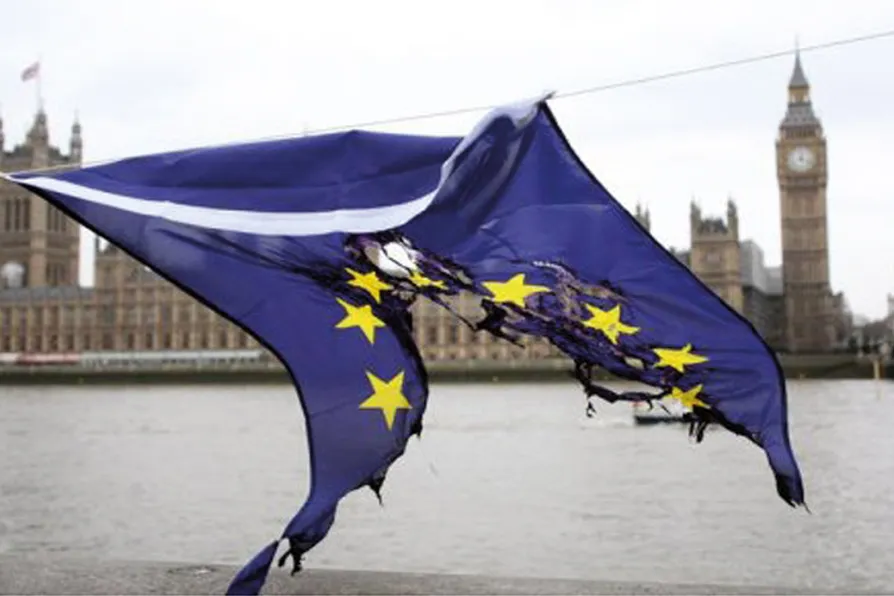RAMZY BAROUD offers six reasons why Netanyahu is prolonging conflict in the Middle East


THE 11th-hour negotiations on future trade arrangements with the EU are about several political agendas.
First and foremost, the EU wants to be seen to be playing very hardball with any country that dares to leave its exclusive club.
This is because more people and countries in the EU are becoming discontent with membership, especially as it so clearly restricts their ability to rebuild post-Covid.

US tariffs have had Von der Leyen bowing in submission, while comments from the former European Central Bank leader call for more European political integration and less individual state sovereignty. All this adds up to more pain and austerity ahead, argues NICK WRIGHT

Starmer sabotaged Labour with his second referendum campaign, mobilising a liberal backlash that sincerely felt progressive ideals were at stake — but the EU was then and is now an entity Britain should have nothing to do with, explains NICK WRIGHT

DOUG NICHOLLS argues that to promote the aspirations for peace and socialism that defeated the Nazis 80 years ago we must today detach ourselves from the United States and assert the importance of national self-determination and peaceful coexistence












